NIH
-

Parsing diabetic skin infections
People with diabetes may be prone to more skin infections due to an overabundance of a compound that controls inflammation in the body. Read MoreNov 30, 2018
-

Immunotherapies linked to specific heart complications
In the first large-scale analysis of cardiovascular complications linked to immune checkpoint inhibitors, Vanderbilt researchers have identified several of the conditions that arise and have determined that they usually appear early in treatment. Read MoreNov 16, 2018
-
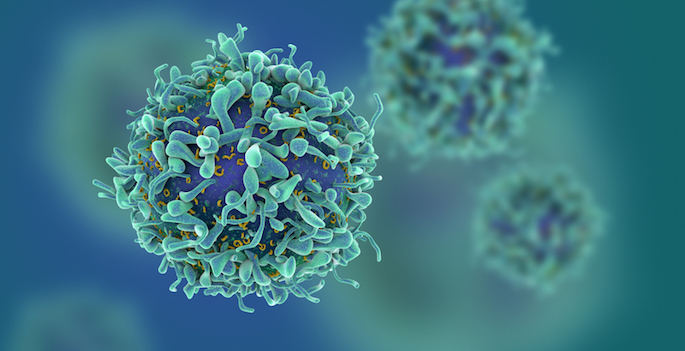
Team’s findings show glutamine metabolism affects T cell signaling
Jeffrey Rathmell and colleagues show that a drug that inhibits glutamine metabolism — currently in clinical trials as an anticancer agent — might also be useful as a treatment for inflammatory and autoimmune diseases. Read MoreNov 1, 2018
-
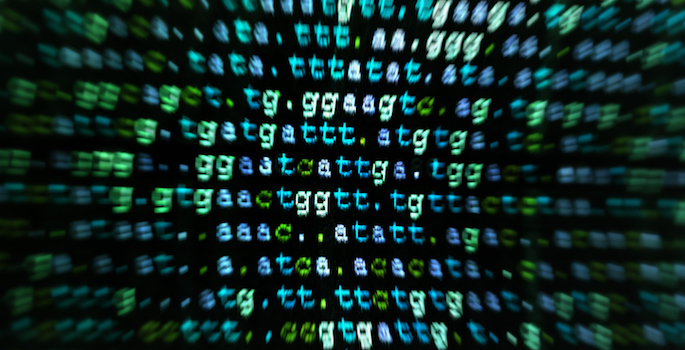
Two proteins slow down the train of DNA replication in Drosophila
This work was the foundation for an NSF grant to interrogate how the Rif1 protein controls DNA replication. Read MoreOct 29, 2018
-

Studying cellular deliveries
James Patton and colleagues have demonstrated how colon cancer cells transmit genetic data to other cells. Read MoreOct 26, 2018
-

Probing the pathology of impaired cognition
A new link between a support protein within the brain's white matter and known Alzheimer's biomarkers discovered by Angela Jefferson and colleagues bring researchers a step toward earlier and more precise detection of neuropathology underlying cognitive impairment that may lead to new targeted therapies Read MoreOct 26, 2018
-

Targeting diabetic kidney disease
Raymond Harris, Ming-Zhi Zhang and colleagues suggest pathways activated by the epidermal growth factor receptor may be promising targets for treating diabetic kidney disease. Read MoreOct 16, 2018
-

Asthma’s androgen connection
New findings by Dawn Newcomb and colleagues suggest an explanation for why women are more prone to asthma than men. Read MoreOct 16, 2018
-

Cellular stress defense
Research led by Sanjay Mishra, and colleagues suggests modular sHSP architecture contributes to the ability of heat-protective proteins to serve as chaperones for a range of unfolded proteins. Read MoreOct 16, 2018
-

Novel genetic study sheds new light on risk of heart attack
Loss of a protein that regulates mitochondrial function can greatly increase the risk of a heart attack, report Eric Gamazon, Sandra Zinkel and graduate students Christie Salisbury-Ruf and Clinton Bertram in new research. Read MoreOct 11, 2018
-
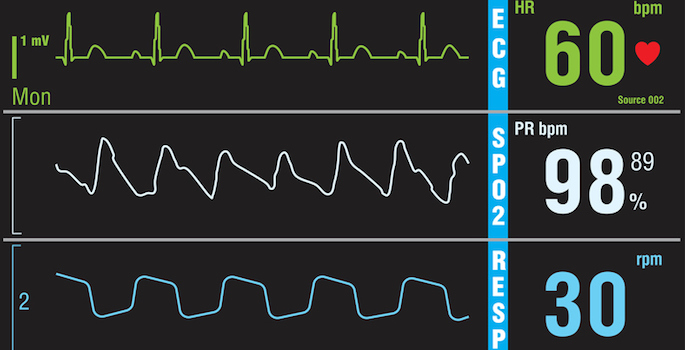
Team’s study reveals hidden lives of medical biomarkers
The hidden lives of medical biomarkers are the focus of a recent study in Nature Communications by Jonathan Mosley. Read MoreOct 11, 2018
-

Gordon receives $2.3 million NIH Director’s New Innovator Award
Reyna Gordon has received a NIH Director’s New Innovator Award of $2.3 million for her project, “Biomarkers of Rhythmic Communication: Integrating Foundational and Translational Approaches.” Read MoreOct 4, 2018
-

Diabetes drug may prevent liver cancer
A new study by Harvey Murff finds that diabetics who take metformin have lower rates of liver cancer than those who take other diabetes drugs. Read MoreSep 21, 2018
-

New histoplasmosis risk map
Stephen Deppen and colleagues have developed an updated map showing new areas of increased risk for a common lung infection. Read MoreSep 21, 2018
-
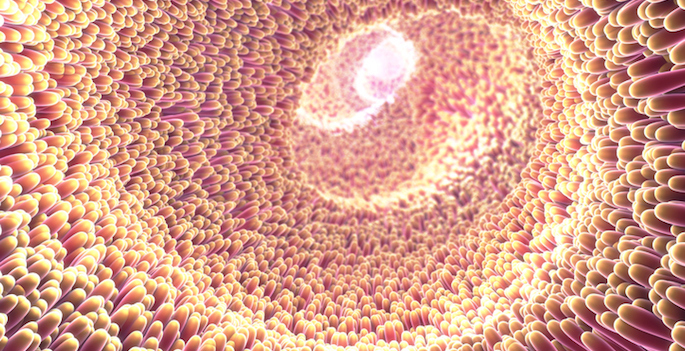
How microvilli form
Research led by Matthew Tyska gives new insight into the formation of the lining of the gut that helps us absorb nutrients and guard against illness. Read MoreSep 21, 2018
-

Study tracks incidence, timing of immunotherapy-related deaths
Researchers led by melanoma researcher Douglas Johnson have answered questions about the incidence and timing of rare but sometimes fatal reactions to the most widely prescribed class of immunotherapies. Read MoreSep 13, 2018
-

Research reveals link between immunity, diabetes
An immune cell called CD8+ is supposed to attack disease, but it can also contribute to inflammation, which can lead to insulin resistance and type 2 diabetes. Read MoreSep 13, 2018
-
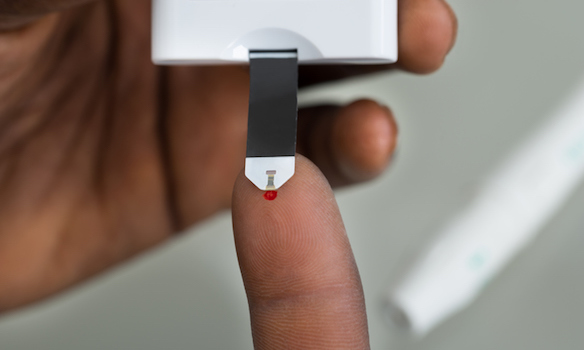
Team’s findings could spur new treatments for type 2 diabetes
New research by an international team that includes Vanderbilt researchers shows how a common diabetes drug blocks glucose production by the liver, suggesting new avenues for treatment. Read MoreSep 6, 2018
-

Immune system emerges as partner in opioid cravings fight
There’s promise in specific immune system peptides—amino acid compounds that signal cells how to function. In this case, they may be affecting brain activity and, by extension, drug cravings. Read MoreSep 5, 2018
-
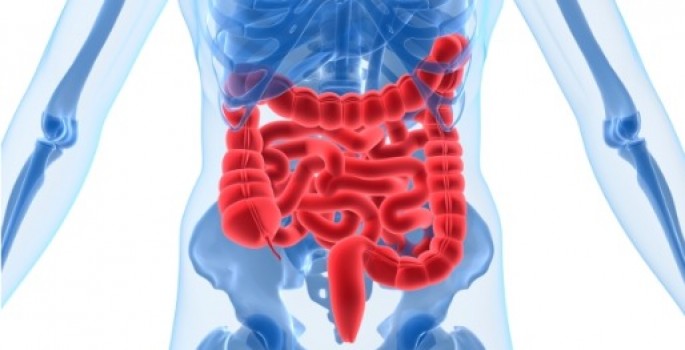
Team isolates antibodies that neutralize GI bug norovirus
The discovery of these antibodies could significantly improve the diagnosis and treatment of the leading cause of stomach illness in the world. Read MoreAug 30, 2018